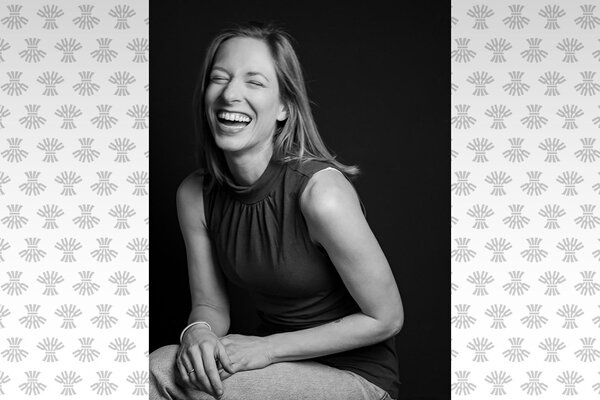
U of S film makes international waves
Becoming Water: Art and Science in Conversation to be screened at festival in Montana
By Shannon Boklaschuk
A short film showcasing a unique course at the University of Saskatchewan will soon be reaching international audiences.
The 15-minute documentary, Becoming Water: Art and Science in Conversation, was produced by 291 Film Co in collaboration with two U of S professors: Susan Shantz, from the College of Arts & Science’s Department of Art & Art History, and Graham Strickert, from the School of Environment and Sustainability (SENS). In May 2017, Shantz and Strickert co-taught the interdisciplinary course ART 356.3: Becoming Water, which connected science with art to deepen students’ awareness of key issues related to water.
The film documenting the class is scheduled to be shown this week—on April 20—at the 41st International Wildlife Film Festival in Missoula, Montana. It is also nominated for a Remi award at the 51st Annual WorldFest–Houston, which runs from April 20–29, and has been selected for online screening as part of the Tokyo Lift-Off Film Festival.
“It’s exciting to have this film be seen by audiences elsewhere, beyond the U of S and Saskatoon,” said Shantz.
The Becoming Water course exposed senior studio art students to artistic, physical and scientific perspectives on water, and included visits to local and provincial water sites and conversations with water experts to learn about how scientists and communities are dealing with water in the context of a changing climate.
A key component of the course was a four-day residency at Cumberland House, where students met with Indigenous community members and Elders and worked on multimedia art projects. Artist and author Basia Irland (professor emerita, University of New Mexico) participated in a mini-residency with the class and Métis guides and hosts Gary and Karen Carriere.
As a result, students created a series of evocative artworks that were exhibited on the U of S campus in the Gordon Snelgrove Gallery.
“From comments we’ve heard, the experience of the course was transformative for many of the students,” said Shantz.
“The film allows some of that experience to be captured and shared with others for a time period beyond the short duration of a three-week intensive spring class.”
The film debuted in July 2017 at Shakespeare on the Saskatchewan’s Late Night River Café. It was screened again during Culture Days in Saskatoon at Under the Bridge film festival in September 2017.
Becoming Water was supported by the Gwenna Moss Centre for Teaching Excellence, the College of Arts & Science, the Department of Art & Art History, the Interdisciplinary Centre for Culture and Creativity (ICCC), SENS and the Office of the Vice President Research.
Shantz said universities are becoming increasingly interested in offering students the kind of learning opportunity the Becoming Water class provided—and “the benefits were clearly visible during the class and are captured in the film.”
“The film is useful, perhaps, also in this way, as it conveys the benefits of student learning through engagement—not as hard evidence, but through the narrative the film weaves of new encounters, unexpected learning and imaginative artistic outcomes,” she said.
“I think a main takeaway for all of us in the course as we learned about the river is that what happens upstream is intimately connected to what happens downstream—the delta and the communities who have lived on it for centuries bear the impact of our upstream lifestyles in ways we hadn’t imagined. It gave us all a new appreciation for water and the intimate ways it connects us.
“The film also shows the diverse ways artists respond and communicate visually, which can be surprising and moving for others to see. It shows the process of artistic research—how artists search for connections and ways to make meaning through materials, objects and the senses.”


